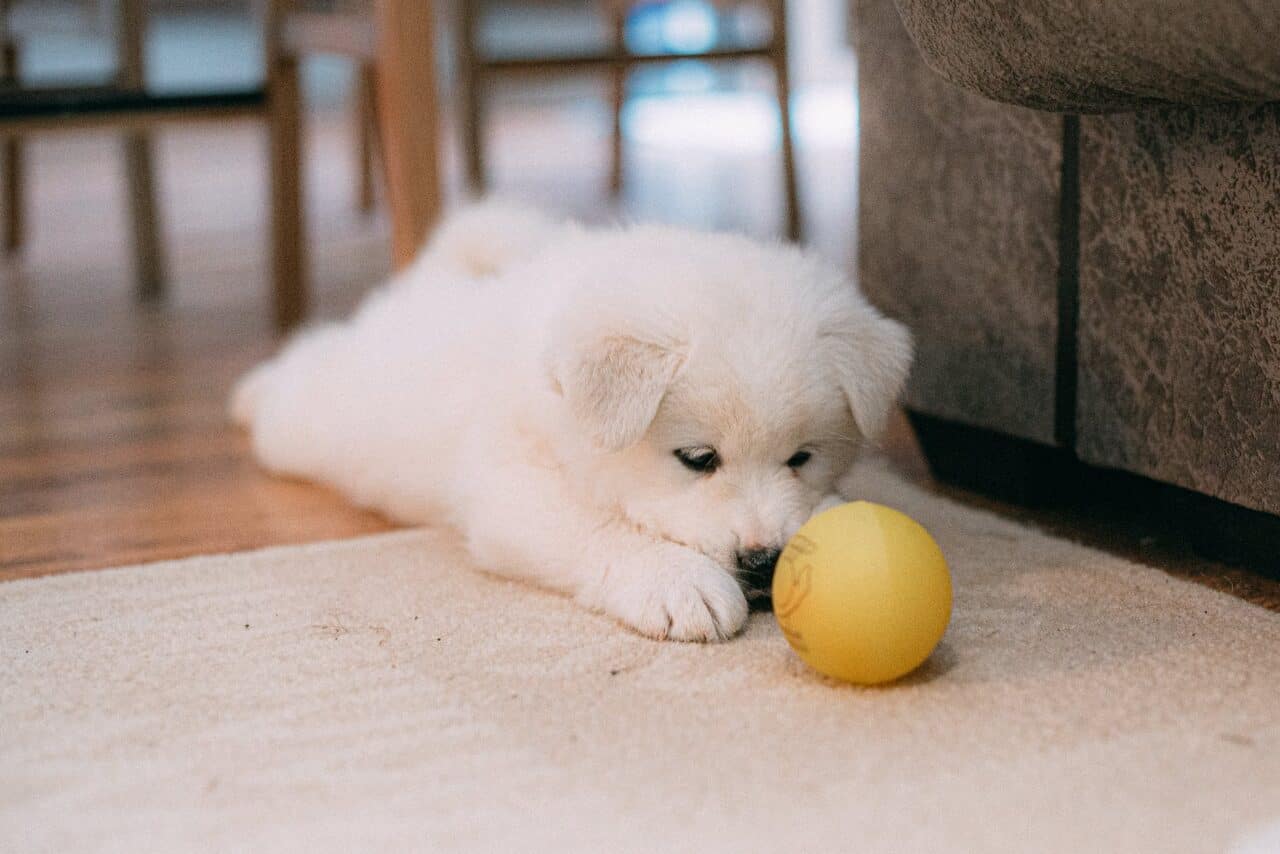Featured
There could be some growing pains as you and your new dog adjust to life together. Your puppy’s needs will be substantial at first. They may need to be toilet-trained and may keep you up at night, but you’re the best individual to watch out for your puppy’s well-being. You’re not only the most informed person about their health, but you’re also accountable for their day-to-day care and requirements. Below are some measures you can take to ensure puppy health and continued happiness.
How to Keep Your Puppy Healthy

Health Checkups
Maintaining your pet’s health and well-being through routine checkups is essential. Even if your pet seems healthy, it’s a good idea to take them in for a yearly checkup so the doctor can assess their general health and watch for any signs of conditions that are easier to treat if caught early.
Your veterinarian should be consulted about yearly blood tests, gastrointestinal inspections, and the standard yearly health checkup. Your doctor will be able to get a complete picture of your dog’s internal health with the help of these two tools, making it more likely that any underlying conditions or bugs that could make your dog unwell will be detected and addressed.
Vaccination Status
Veterinarians firmly believe that immunizations are crucial to ensuring a long and healthy life for dogs. Puppy vaccinations can reduce the risk that he or she will contract a disease that could be fatal. Rabies vaccinations are now required by law for dogs in many jurisdictions. Nonetheless, immunizations offer protection against several other severe illnesses, including distemper, parvovirus, and parainfluenza.
Frequent Physical Activity
Many people who have puppies don’t realize how much physical activity their pets need to be happy and healthy. An anxious, overly active canine is more likely to exhibit damaging behaviour. Possible outcomes include identifying separation anxiety or another behavioural problem. The cause may be nothing more than a case of surplus energy.
It’s possible that your canine isn’t getting enough exercise, so rule that out before you start blaming them for the destruction. Depending on the dog’s type, height, and age, the recommended daily exercise time ranges from one to two hours. Develop an appropriate fitness plan for your companion after some time has passed. Your sense of well-being may get a boost as a result.

Healthy Diet
Feeding your canine a healthy diet will give them lots of energy. Your canine has a lot of it pent up, and if it isn’t channelled through play and exercise, it could explode all over your expensive flooring, furnishings, doorways, or even your books.
Maintenance for Teeth
The dog’s dental health may go unnoticed until you smell the poor breath odour. The odour of poor breath in canines isn’t typical, despite common perception to the contrary. It may indicate an oral health issue. Plaque and tartar buildup is associated with numerous medical problems.
Preventative oral care should be a regular routine. All of the above, or just brushing and rinsing your dog’s mouth with an oral mouthwash, will help keep their teeth healthy and clean. It’s best to take care of your pet’s teeth before you have to worry about their health being affected by oral disease. If you are concerned about your dog’s oral health, it is best to make an appointment with your veterinarian. Sometimes, the help of an expert cleaner is warranted.
Consistent Hygiene Routines
Do not assume canine grooming is only for “luxury” or “show” breeds. To stay in good health, puppies require regular upkeep. The type they are will determine their basic cleaning needs. However, your canine may be unique due to health factors like sensitivities.
Regular cuticle clipping and bathing are both good for the average doggo. Those with brief hair should have their pets bathed once every two weeks. Grooming a long-haired pup daily is a necessity. Constant hair growth could necessitate a trim every four to six weeks.
Next, decide if you can handle your pet’s cleaning needs on your own or if you’ll need the help of a professional. However, if you decide to do it, ensure your companion gets daily cleaning appointments.

Identify Potential Dangers
Since puppies cannot use words to convey their thoughts and feelings to us, we must rely on their present signals. Several symptoms could present in your canine that indicates he or she is sick. Your cat, like you, may be identified with a minor illness that resolves on its own; however, not every symptom warrants immediate medical attention.
Many dogs will actively hide the symptoms of a severe illness out of fear. Learn the warning signs, and take appropriate action before health problems become intolerable. Don’t delay taking your pup to the vet if they begin to exhibit any signs of sickness.
Avoid Parasites
Keep your puppy up-to-date on bug preventatives in addition to routine immunizations. Parasites like fleas, lice, and heartworms can make your canine ill and miserable. If you want to know how to protect your companion from the common bugs where you live, it’s best to talk to a veterinarian.
Healthy Ears
A dog’s ears should be bright, spotless, and rosy. Even though some coating or paraffin of a reddish or greenish hue is to be expected, excessive amounts of such a substance are not normal. Ear inflammation or puffiness is not to be expected. Avoid excessive scalp scratching and shaking from your doggie. Care must be taken to keep the inside and outside of the ears of your furry friend with lengthy ear tips that dangle down fresh.































